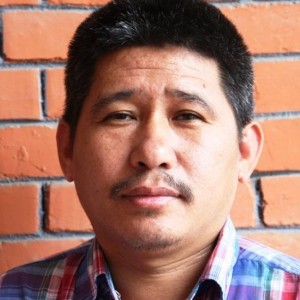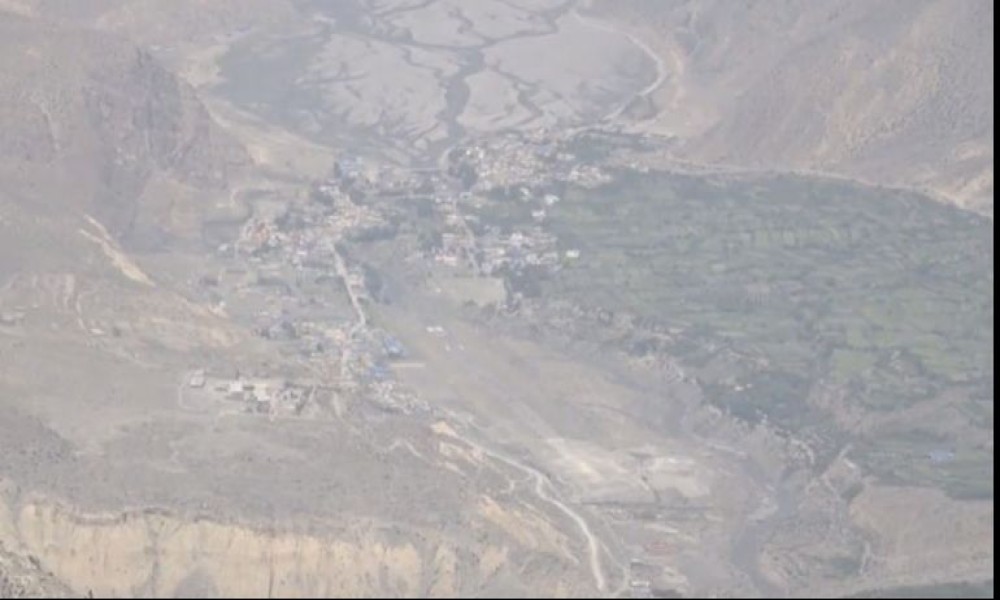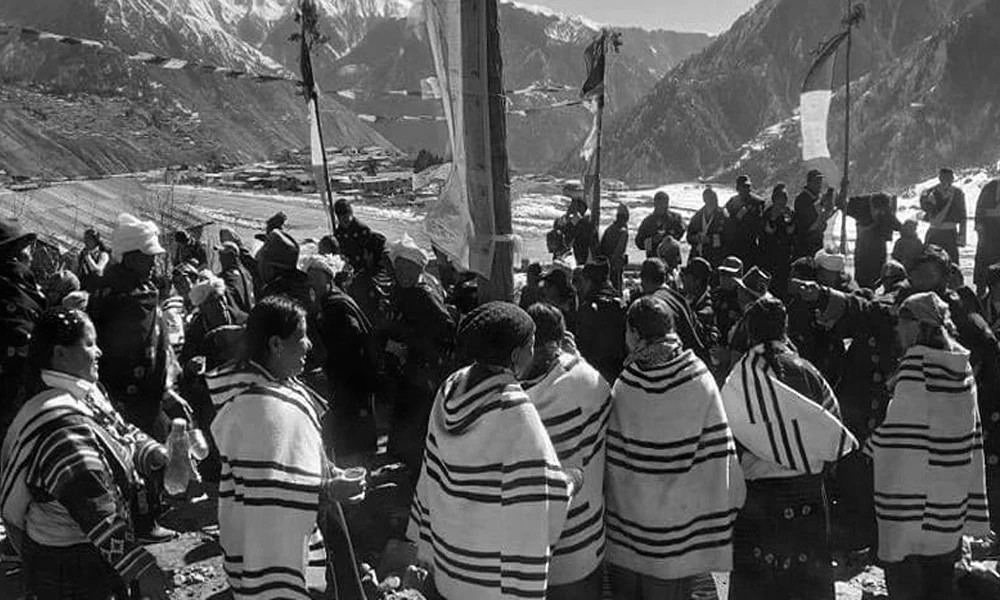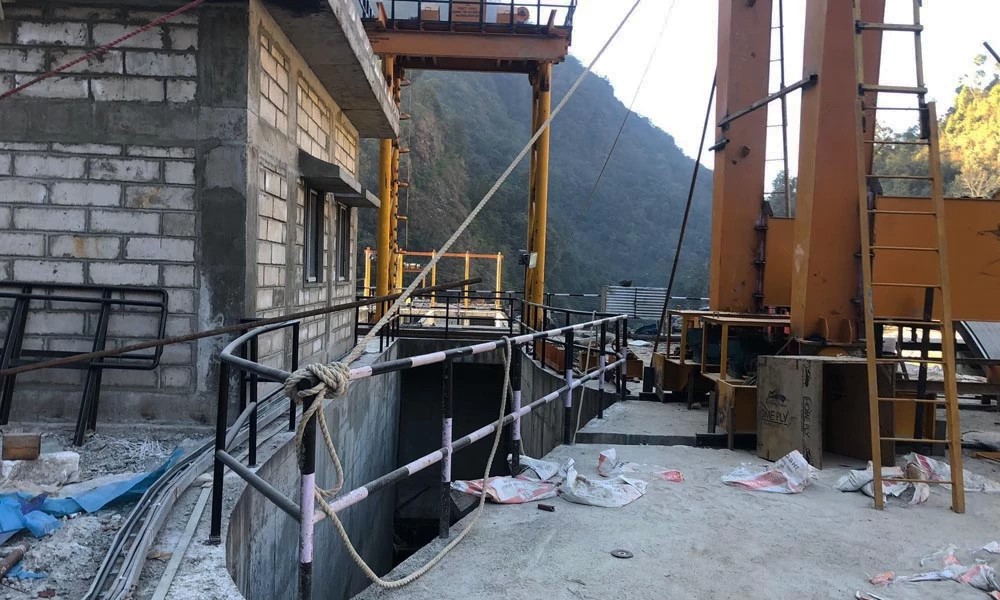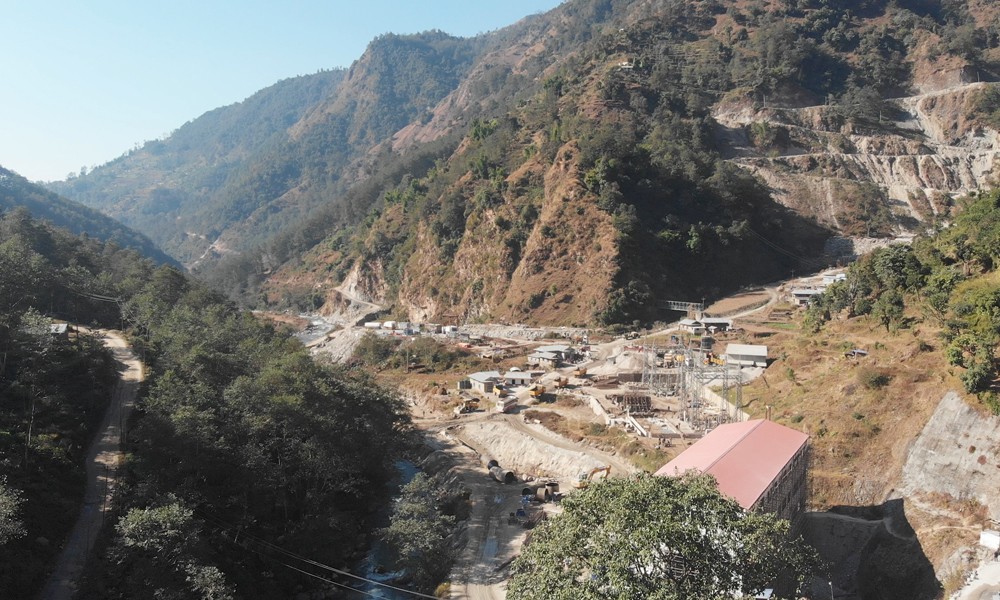Mustang, a mountainous district nestled between the Himalaya and the Tibetan plateau, is rich not just in beauty but also in culture, values and tradition.
In Mustang's Thak-Satsaya, the native land of the indigenous Thakali community, the Mukhiya tradition is still alive and kicking. Thakalis have preserved this ages-old tradition as a unique characteristic of their identity. Mukhiyas, or village leaders, play a crucial role in local governance, dispute resolution and development in throughout the Thak-Satsaya region.
Suraj Lalchan, one of the four Mukhiyas in Marpha, which forms part of Thak-Satsaya, says: "It's our unique tradition, and it reflects our rich history and civilisation."
Mukhiyas are very powerful social institutions, and all the local people respect their decisions. The locals do not oppose Mukhiyas' decisions. Mukhiyas may not be legal entities under the modern state, but they draw legitimacy from their societies and traditions.
Mukhiyas are very powerful social institutions, and all the local people respect their decisions. The locals do not oppose Mukhiyas' decisions. Mukhiyas may not be legal entities under the modern state, but they draw legitimacy from their societies and traditions.
Buddhi Prasad Sherchan, Chairperson of Thasang rural municipality, says local governments benefit from the authority that Mukhiyas enjoy in their villages. He says local elected representatives have to coordinate with Mukhiyas, whose roles are important in local development.
Sherchan says: "Mukhiyas have helped preserved forests in Mustang".
Mukhiyas' role is not restricted to local development. They also function as heads of local judiciaries. Bal Kumari Sherchan, Vice Chair of Thasang rural municipality, explains: "If a dispute arises between two local villagers, they first go to their Mukhiya, who listens to both sides and delivers justice. All the cases that go to Mukhiyas are solved. As a result, there is a less burden on local courts and police offices".
Thak-Satsaya has a total of 13 Mukhiyas, who choose the chief Mukhiya and Mir Mukhiya from among themselves in every three years. They pass their own community laws reflecting their culture and tradition, which are as important for them as the ones passed by the federal parliament in Kathmandu.
Advocate Shankar Limbu, who has done a research on Mustang's Mukhiya traditoin, says such traditional institutions of indigenous people have become almost extinct. He adds: "But Mukhiya tradition is still vibrant in Mustang because Thakali people of Thak-Satsaya are aware of their cultural roots."
Apart from Mukhiya, there is one more social institution of indigenous people that is alive in Nepal: Badghar of indigenous Tharu people. Limbu says Mukhiya and Badghar traditions reflect indigenous people's rich history, and they need be preserved.
If a dispute arises between two local villagers, they first go to their Mukhiya, who listens to both sides and delivers justice. All the cases that go to Mukhiyas are solved. As a result, there is a less burden on local courts and police offices.
He says: "Other traditional institutions of indigenous people that have already died also need to be revived".
Indra Lal Hirachan, another Mukhiya in Marpha, says their traditional institutions exercise democracy by equally treating all people regardless of their status, and encouraging every one's participation in every action. He says: "This is why the community feels the ownership of the actions taken by Mukhiyas, which gives legitimacy and longevity to this tradition".
Mukhiyas also contribute to the economic prosperity of Thakali people, who hail from the valley of Kaligandai, a trans-Himalaya river that originates in the Tibet and flows down to Nepal through through the gorge between Nilgiri and Dhaulagiri mountains. They protect the interests of local apple and walnut farmers as well as hotel owners.
Mustang has five local governments, which have been able to function well because of the support that they get from Mukhiyas. Such a rich tradition with local legitimacy needs to be strengthened and recognised by the law.
–Indigenous Feature Service


